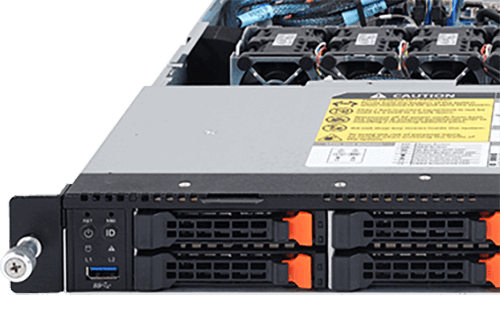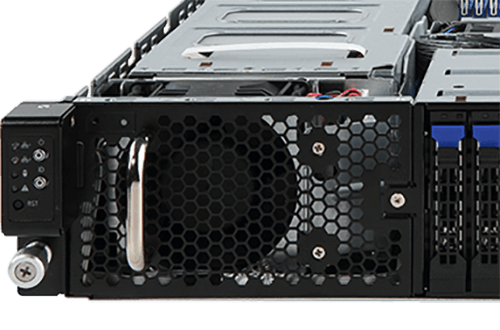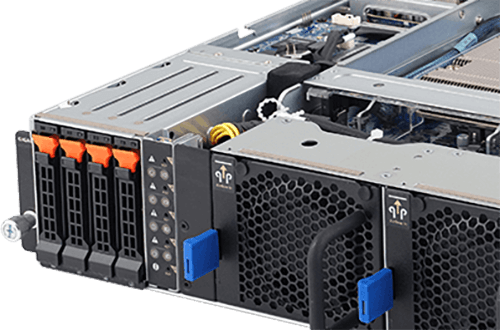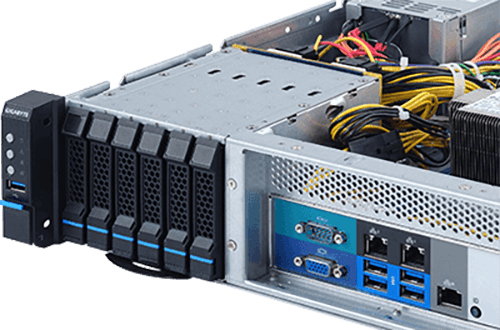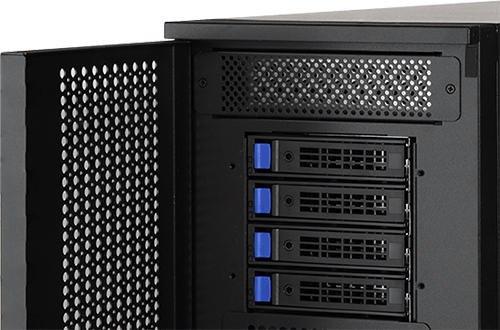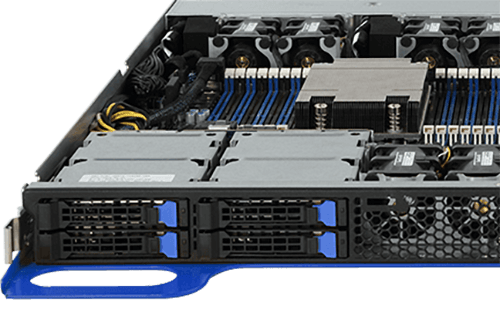PCIe
What is it?
Officially abbreviated as PCIe or PCI-e, PCI Express stands for Peripheral Component Interconnect Express. It is the latest generation of high-speed computer expansion bus standards that serves as the common motherboard interface between the processors and other key components, including graphics cards, hard disks, SSDs, and Ethernet connections. To ensure manufacturers can follow the same universal industry standards, an association of companies known as PCI-SIG is responsible for updating and maintaining PCIe specifications.
Why do you need it?
The powerful processing power of CPUs and accelerator cards would be wasted if data transmission between them was not fast enough. Therefore, PCIe needs to offer high throughout to enable faster transmissions. A smaller physical footprint is preferable as servers become more compact and space on the motherboard becomes more limited. Other functions, such as a hot-swappable feature and smart error diagnosis and reporting mechanisms, go a long way towards making sure the entire system operates smoothly.
The latest iteration of PCIe is Gen 5.0. When choosing your server solution, it is beneficial to choose motherboards and processors that support the newest PCIe standards.
The latest iteration of PCIe is Gen 5.0. When choosing your server solution, it is beneficial to choose motherboards and processors that support the newest PCIe standards.
How is GIGABYTE helpful?
Powered by the latest processors, GIGABYTE servers support PCIe 5.0 with a bandwidth of 128GB/s, twice that of PCIe 4.0. The PCIe 5.0 standard supports a 32 GT/s bit rate, which is roughly 4 GB/s per single lane, compared to the 16 GT/s bit rate provided by PCIe 4.0 (2 GB/s). By doubling the bandwidth available from the CPU to other components such as graphics cards, storage devices, and high-speed network cards, servers can be used for high performance computing (HPC) and parallel computing, which are often necessary to develop new technologies based on artificial intelligence, big data, deep learning, heterogeneous computing, etc.







